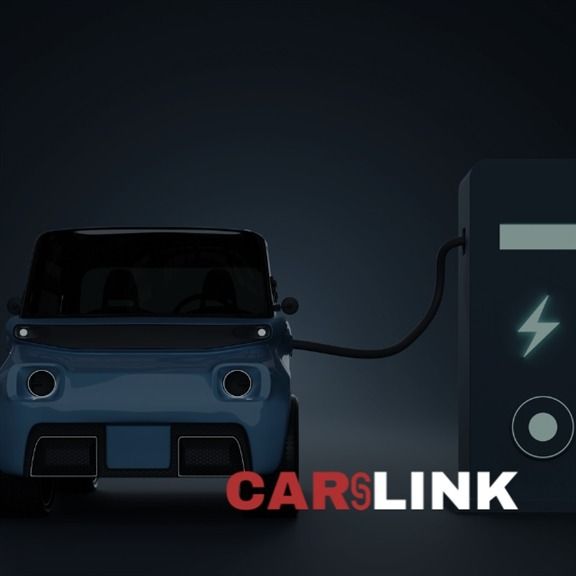
EV Sales Miss Targets: Industry Calls for Car Tax Rethink

The UK's electric vehicle (EV) market finds itself at a critical crossroads in early 2025, as sales figures reveal a complex picture of growth and missed targets that has prompted urgent calls for tax policy reforms from industry leaders.
Current State of EV Sales
Despite showing impressive year-on-year growth of 41.6% in recent months, with battery electric vehicles (BEVs) now accounting for 21.3% of all new car sales, the industry is falling short of government-mandated targets. The current figures lag behind the government's 22% target for 2024 and are significantly below the ambitious 28% requirement set for 2025 under the Zero Emission Vehicle (ZEV) mandate.
Market Dynamics and Challenges
According to DriveElectric's partnerships director Adam Kemp, electric car sales are projected to reach 24% of the total new car market in 2025, representing modest growth but still falling short of regulatory requirements. This shortfall has sparked serious concerns within the industry about the pace of EV adoption, particularly among private buyers.
The Private Buyer Conundrum
A significant challenge facing the sector is the disparity between fleet and private sales. While fleet purchases of EVs remain strong, private buyer adoption has been slower than anticipated, leading to calls for more targeted support mechanisms to encourage individual consumers to make the switch to electric vehicles.
Tax Policy and Industry Response
The automotive industry is particularly concerned about upcoming tax changes that could potentially hamper EV adoption:
- New VED Charges: From April 2025, EVs priced above £40,000 will face an additional Vehicle Excise Duty of £425 annually for five years, starting from the second year of registration.
- Industry Concerns: Leaders argue these new charges could "significantly impact demand" at a crucial time for EV adoption.
Market Position and European Context
Interestingly, despite these challenges, the UK has emerged as Europe's largest EV market in early 2025, demonstrating the country's potential for leadership in the electric vehicle transition. This achievement comes as net zero laws have tightened across the UK, though industry experts suggest more supportive policies are needed to maintain this position.
Recommendations for Policy Reform
The industry is calling for several key changes:
- Review of the planned VED charges for premium EVs
- Enhanced incentives for private buyers
- Continued investment in charging infrastructure
- More favorable tax treatment for electric vehicles
Looking Ahead
Market analysts predict UK EV sales will exceed 400,000 units in 2025, representing significant growth but still falling short of government targets. This projection has led to increased pressure for policy reforms that could help bridge the gap between current adoption rates and regulatory requirements.
The Way Forward
The success of the UK's electric vehicle transition hinges on finding the right balance between ambitious environmental goals and practical market realities. As the industry continues to evolve, the relationship between tax policy, consumer incentives, and market growth will be crucial in determining whether future targets can be met.
#ElectricVehicles #EVmarket #UKAutomotive #ZeroEmission #EVtax #CarIndustry #Sustainability #GreenTransport #EVadoption #FutureOfTransport #CleanEnergy #NetZero #EVpolicy #UKtransport #AutoTax #EVincentives #GreenMobility #CarTax #AutoIndustry #EVtransition #CleanTech #EVnews #UKbusiness #SustainableMobility #FutureOfCars #CarsLink